Negative space is the space around and between the subject of an image. Any photographer who takes the craft seriously should find time to balance the negative and.

Negative Space In Photography The Essential Guide
In other words subject in the image in this type of composition is sometimes referred to as positive space photography.
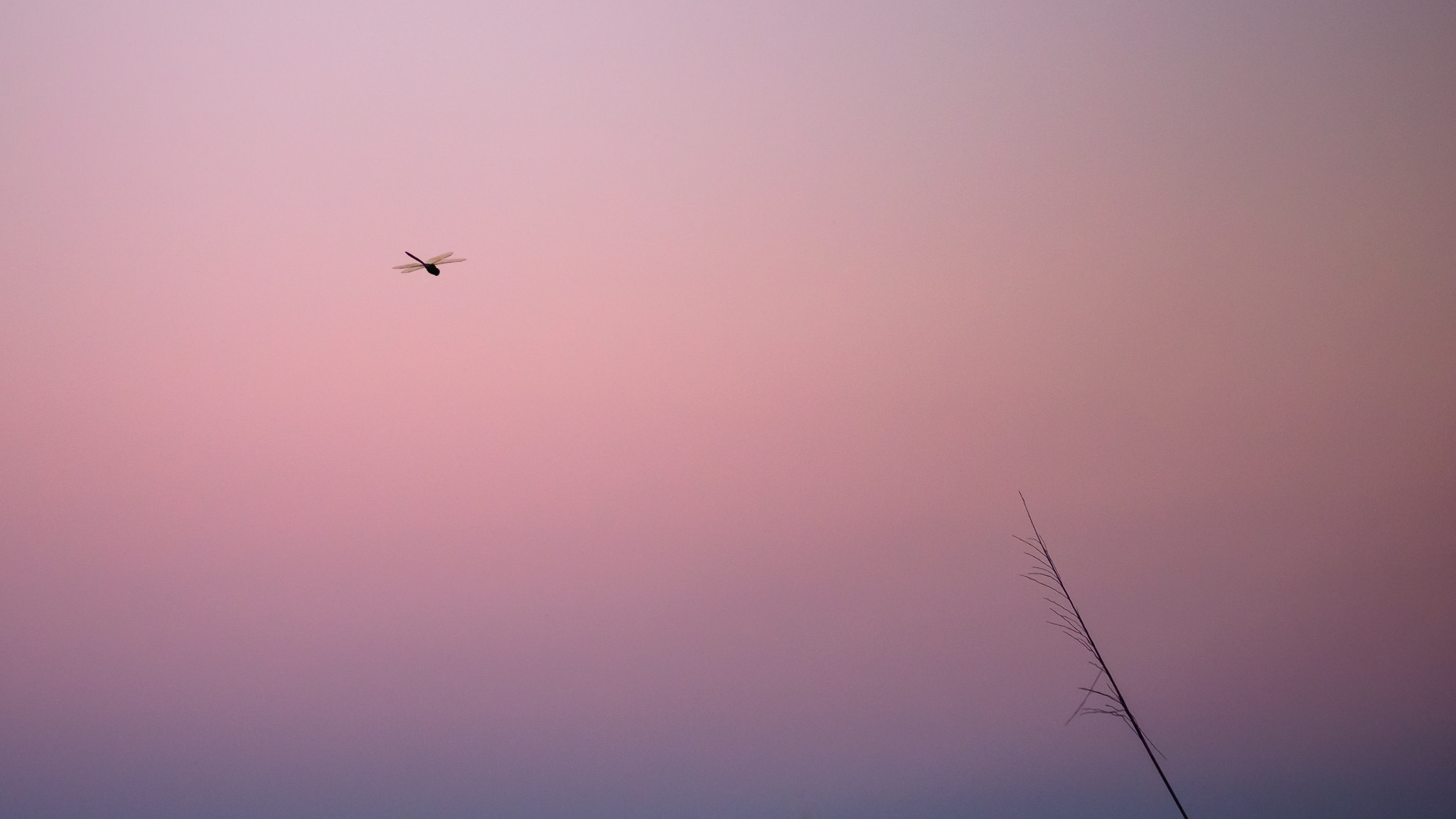
. The use of this negative space then. While this is how negative space is most often used this is not the only way. It appears in all drawings and paintings and one of the best examples of it is the optical illusion called Rubins vase.
Negative space refers to empty areas of a photoareas where the eye rests and doesnt really take anything in. And it uses negative space to highlight only the best elements in the frame. Its all about finding the right balance.
Space composition space in an image is the nothing that surrounds the subjects of the picture or the space between subjects. Negative space and minimalism. Negative space is one of my favourite and most used compositional techniques in photography.
While negative space is actually a concept of nothing the background is still visible and also has an impact. Negative space photography is about relationships and how the subject relates to expansive spaces whether its a wide field of grass a vast desert or an open sky. Simply put positive space is the actual subject while negative space also called white space is the area surrounding the subject.
For an image to work well with a large area left around the subject the background should be quite plain with little to distract the eye from the subject. Negative Space Negative space refers to the empty space around your subject. Negative space by definition is the empty space around the subject or focus of the photograph.
3 - Examples is. Consider it breathing space Michael Kenna. Negative space in art is the empty space around and between the subject of an image.
Negative Space Negative space refers to the empty space around your subject. If the edges of the photo frame the contents within and the subject is the focal point its possible that just about every photo even macros and tight portrait shots can have negative space. Negative spaces are actual shapes that share edges with the positive shape.
Negative space in photography design sculpture or any other creative pursuit is equally as important as is positive space in overall composition. Negative space From Nikonians Wiki - FAQs Photo Glossary Good Photo Locations Help Jump to. The frame is the bounding size of the artwork the positive space is the subject and the negative space is the empty space around the subject.
It can act as a context it can create a sense of lightness airiness it can strengthen the positive emotions in a photograph emphasize the feelings of your subject whether they are romantic or. While space is actually a concept of nothing the background is still visible and also has an impact. More street photography this way Allowing for a generous area of negative space can have a very positive effect on the finished work.
And probably the clearest definition of negative space is simply that it is the space between things. Negative space photography is the area surrounding the main subject in a photo that is left unoccupied. Negative space may be most evident when the space around a subject not the subject itself forms an interesting or artistically relevant shape and such space occasionally is used to artistic effect as the real subject of an image.
Just as important as the object itself negative space helps to define the boundaries of the positive space and brings balance to a. Negative space surrounds positive space in a work of art. The frame the positive space and the negative space also called white space.
It reduces the negative impact of a busy composition by acting as buffer an area in which the eye can rest. Simply put the definition of negative space is the area around and between a subject. Essentially when composing an image theres generally 2 or more depending areas of space - a positive space and a negative space.
When composing a piece of artwork we generally work with three elements. Its the subject or subjects of your image. It plays a significant part in the emotional value minimalistic image gives to its viewers.
Simplification is technically harder to achieve in photographyespecially in outdoor photographybecause it entails eliminating elements that are already there. Rubins vase emphasizes negative space. Its equally useful in photography and can be used to turn an average photo.
Negative space is thought of as an image with a lot of empty space. The empty or blank areas or the holes where the page shows through between the main design elements. Usually whats most important in the image is a sense of scale and breathing room for the subject rather than the specific type of negative space.
Negative space is just the opposite parts of an image that dont attract as much attention surrounding the positive space and giving it a buffer. Put simply it is the space around the object itself that helps define the positive space or main focus. Minimalist photography is proof that negative space when applied well they are powerful.
The simplest example is writing on a page of paper. In many cases negative space is the mood the emotion what creates those things in the first place. Use it to see shapes and sizes more effectively and produce better composed images.
Negative space is how minimalistic images capture and hold their viewers attention. Negative space sometimes referred to as white space is a concept thats been used in art design architecture and sculpture for hundreds of years. In photography and cinematography empty space can be used for psychological effect making it a great storytelling device.
In photography positive space refers to the area of an image that is taken up by your subject. Negative space refers to empty space around your subject. Negative space helps define a subject so subjectively.
It adds definition to your subject and is similar to a visual pause. Negative space in an image is the nothing that surrounds the subjects of the picture or the space between subjects. Color space and negative space are important elements of photography and it doesnt matter if youre using a high-end DSLR a point-and-shoot or a smartphone.
Positive space is easy to understand. For this reason negative space in design is often also referred to as white space Negative Space and Positive Space. The negative space in an image does not have to.
Negative space can drastically change the mood and story of an image. Negative space is the area between and around objects in a photo. Large plain areas of an image such as sky grass or water for example.
Negative space generally balances out positive space in an image which are areas that have lots of weight and attract the eye. When using this technique many photographers and cinematographers frame the subject from further away.

Understanding And Using Negative Space In Photography Photography Mad
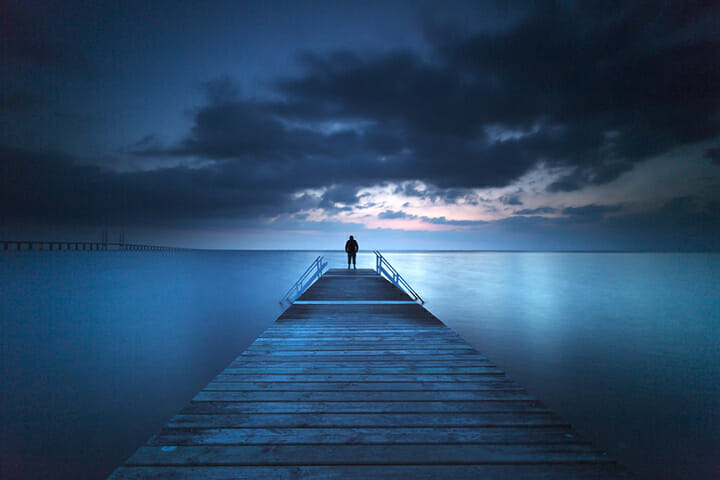
Negative Space For Photographers The Ultimate Guide Iphotography
Tate Modern London Street Photography Nico Goodden Urban Photographer Digital Photography Learning
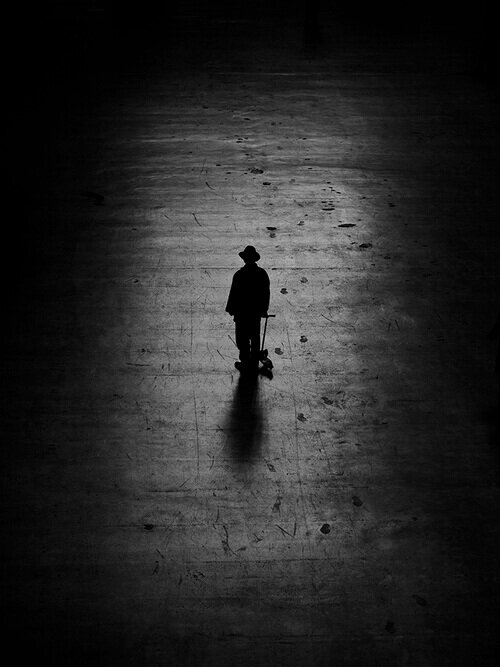
Negative Space In Photography Nico Goodden Urban Photographer Digital Photography Learning
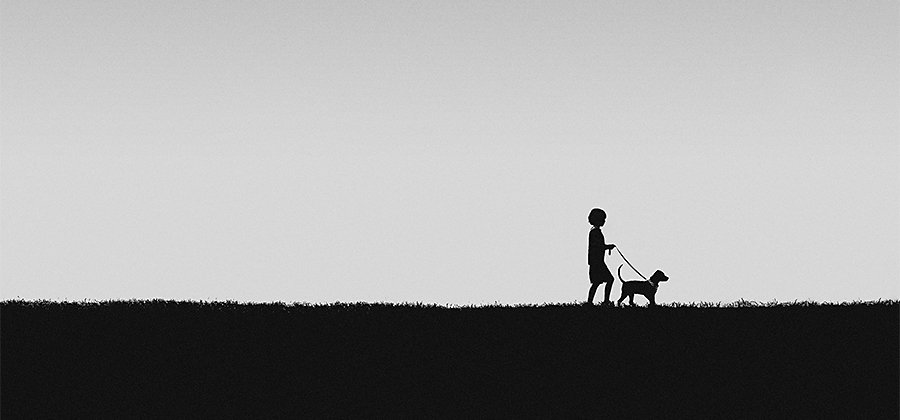
Negative Space Photography L A Beginner S Guide L Adobe
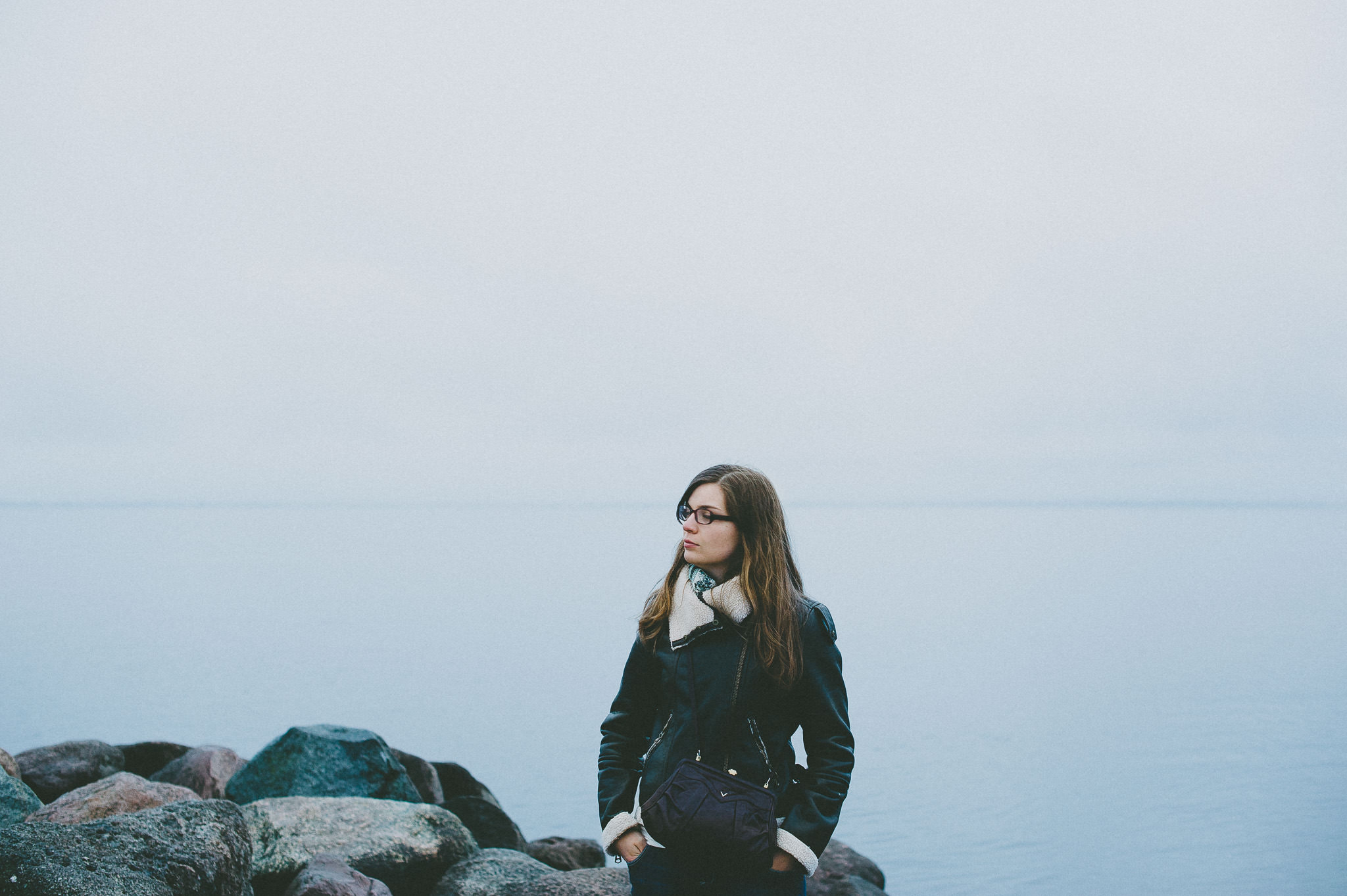

0 comments
Post a Comment